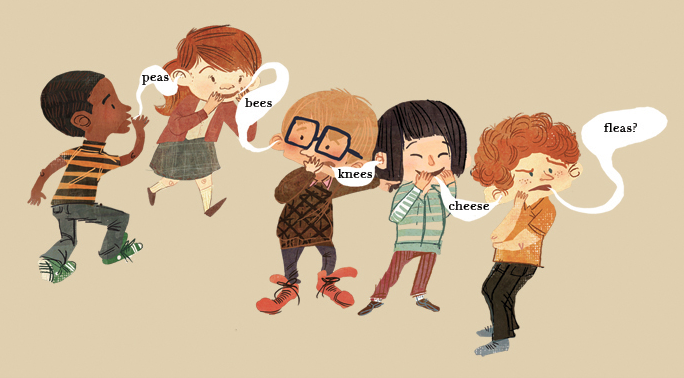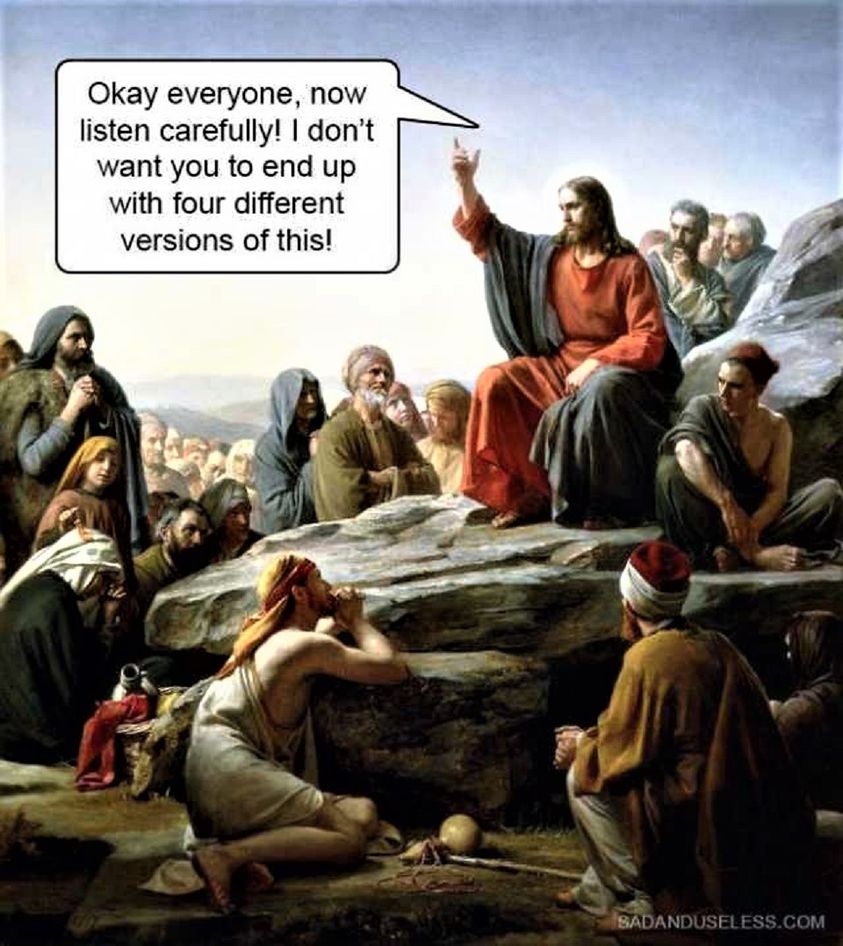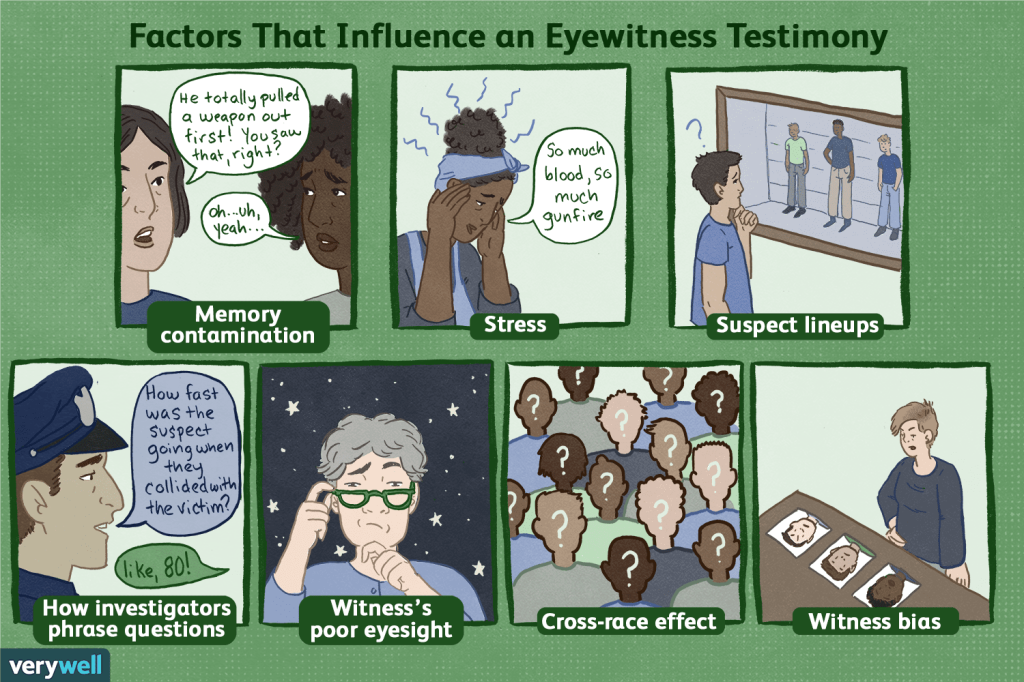Luke 24:36b-48
While they were talking about this, Jesus himself stood among them and said to them, “Peace be with you.” They were startled and terrified, and thought that they were seeing a ghost. He said to them, “Why are you frightened, and why do doubts arise in your hearts? Look at my hands and my feet; see that it is I myself. Touch me and see; for a ghost does not have flesh and bones as you see that I have.” And when he had said this, he showed them his hands and his feet. While in their joy they were disbelieving and still wondering, he said to them, “Have you anything here to eat?” They gave him a piece of broiled fish, and he took it and ate in their presence. Then he said to them, “These are my words that I spoke to you while I was still with you—that everything written about me in the law of Moses, the prophets, and the psalms must be fulfilled.” Then he opened their minds to understand the scriptures, and he said to them, “Thus it is written, that the Messiah is to suffer and to rise from the dead on the third day, and that repentance and forgiveness of sins is to be proclaimed in his name to all nations, beginning from Jerusalem. You are witnesses of these things.

If you’ve ever played a game of telephone, or heard something spread through the rumor mill, you know just how quickly what we say can be warped into something entirely different. Sometimes slowly, and sometimes in giant leaps and bounds, the original message is changed and distorted, either because it was misheard, or misunderstood, or just because the person passing it along wanted it to be a little more exciting. There’s a woman on Instagram whose account I follow that hilariously highlights this reality, as she performs skits contrasting what she says against what her son reports that she said to his teacher. She plays both herself and her son in the juxtaposed clips, and here are a few of my favorites. Her saying, “I know he’s your brother, but dogs are not allowed to sleep on the bed,” gets relayed by her son as, “My mom, she makes my brother sleep in a cage!” Or “I’m sorry baby, I can’t pick you up right now, mommy’s fighting a cold,” becomes, “My mom says she can’t pick me up today because she has to get in a fight.” Or probably my favorite, they’re in the car and she says, “Honey, I want to take you to the playground, but we need to go to the dealership, we need to get the car serviced because we don’t want to break down, okay?” So, when he gets to school on Monday, her son says, “Oh nice, the playground! I couldn’t go to the playground this weekend, because my mom took us to her dealer. She said she needed to go because she didn’t want to have a breakdown.” I like to think of Jesus’ appearance to the disciples in today’s reading as his attempt to prevent the same thing from happening with them as he sends them out into the world. If they’re going to be witnesses to everything that has transpired, he needs to make sure that they really understand what all has happened. But before we get into that, we need to orient ourselves a little bit.

We’re switching over to the Gospel of Luke for today. Unlike in John, which was the reading for last week, in Luke’s account of what happens after the resurrection there’s no mention of Thomas and his doubts, nor is there any touching encounter between Mary and Jesus in the garden. I’m actually reminded of this meme where, as Jesus is about to begin teaching, he says, “Okay everyone, now listen carefully. I don’t want to end up with four different versions of this!” And while that’s pretty funny, I have to say that I think the fact that we have four different gospel accounts is actually an asset when it comes to our faith, because the story of Jesus is far too big and too important of a thing to be told by just one voice. So, in our reading for today we are sort of awkwardly dropped right into the middle of all the post-resurrection action. It kinda feels like we need one of those, “Previously in the Gospel of Luke,” recaps that they do at the beginning of TV shows. So, “Previously in the Gospel of Luke, Mary and the women find Jesus’ tomb open and empty, and talk to two angels who tell them that he has risen from the dead. They run and tell the other disciples, who don’t believe them because, well, sexism, and Peter runs to the tomb to see for himself. Meanwhile, two of Jesus’ other disciples have a surprise encounter on their way to the village of Emmaus with a stranger who turns out to be none other than Jesus, but he disappears as soon as they figure that out. So, they rush back to Jerusalem to tell the others, and as they are in the middle of that conversation, Jesus suddenly appears and says, “Peace be with you,” which startles and terrifies all the disciples and that is where we begin today’s episode.”

Now I’m not quite sure what kind of reception Jesus was hoping for, but I can’t imagine that having his best friends make him prove that he’s not a ghost was at the top of his list. That being said, he certainly seems to be ready for it. He reads the room, and realizes what’s going on, and says, “Yes, it’s really me! Look at my hands and my feet, touch me if you want – can’t do that with a ghost now, can you?” And when that doesn’t entirely convince them, he channels that one friend you had in high school who would always raid your fridge and he says, “Hey, you guys got any snacks?” Apparently, seeing Jesus eat a piece of fish is more reassuring than actually touching him, because obviously it’s common knowledge that ghosts can’t eat food? Question mark? And while this all sounds a little like a scene from Scooby Doo, I do understand the disciples’ confusion. Because you know what you shouldn’t do if you’re worried that people might think you’re a ghost? You probably shouldn’t magically appear in locked upper rooms. And you definitely shouldn’t suddenly disappear before people’s eyes in the middle of dinner like Jesus did after he and those two disciples reached Emmaus. Those are the kinds of things are going to make people think that you’re a ghost. So, I can totally see how the disciples arrived at that conclusion.

Besides calming the disciples down, though, you can tell that it’s really important to Jesus that they know that he is truly alive in body, as well as in mind, and spirit. But why? What is the value of understanding or believing in his bodily resurrection, as opposed to simply his spirit coming back? Does it really make that much of a difference? Well, that depends on who you ask. Different Christians believe different things, but for me, I think it does make a difference, because it speaks to the value, the importance, I might go so far as to say even the sanctity of the human body. Jesus’ body wasn’t something that he just disposed of after he achieved what he had been sent to earth to do. And not only did he come back with his body, but he also came back with the marks and the scars of what that body had been through. God could have raised Jesus from the dead and wiped him clean, erasing the evidence of what Jesus had endured, but God didn’t do that. God chose to leave those marks, on his hands, and his feet, because they had become a part of Jesus’ truth, part of his story, part of who he was now, and therefore they were inseparable. And the crux of all of this comes when we realize, that if Jesus’ human body had value, then maybe, just maybe, ours do as well. Which is an idea that contradicts centuries of Greek philosophical influence that has tried to tell us that while our souls are pure and divine, our bodies are evil, and corruptible, and weak in their imperfections, which just isn’t true. We have a risen savior that we can relate to, because he looks like us – marks, scars, blemishes, and all. And the fact that Jesus is raised with his own body, bearing his own scars, is a reminder that no matter what we endure in this mortal coil, new life and love will always have the final word. It is a reminder that pain, death, and evil will never have the final say. That is what Jesus’ bodily resurrection does, and that is why he was so keen on impressing upon the disciples that aspect of his return.

Additionally, Jesus knows that he is about to ascend into heaven, and that his window of time where he will be able to clarify and explain things to the disciples is rapidly closing, and after he’s gone, it’s gonna be all up to them; with the help of the Holy Spirit, of course. But they are going to be witnesses of all these things and called to go forth and tell the whole world about the good news of Jesus Christ. A call that is given to us as well. We are called to be witnesses to the world about what we have seen and heard, about the Truth we have come to know in our hearts from listening to these stories about Jesus. To share with others about how his unconditional love, grace, and mercy have changed our lives, so that they too might have a chance to experience the same thing. And yet, despite that religious understanding of the word “witness,” my mind can’t help but wander to the legal understanding of a witness – there’s a lot of true crime talk in our household. And interestingly, eyewitness testimony has come under a great deal of scrutiny in recent years. Turns out that people aren’t really all that great at being witnesses, at least in terms of being accurate in their retelling of what actually happened. Psychologists and researchers have published study after study highlighting how unreliable and malleable our memory can be – which is a major issue when you have a legal system that so highly values eyewitness accounts. The Innocence Project, which is an organization that works to free those who have been wrongfully convicted, reports that over 60% of their clients were convicted based on an eyewitness misidentifying them as the culprit. And this misidentification isn’t usually intentional either, these people really believe that what they are saying is what actually happened. But the problem is that our memory can be influenced by so many different factors, including stress, suggestion, time, as well as a person’s inherent and implicit biases.

But none of that has anything to do with how we act as witnesses about Jesus, right? I mean, he came back, explained everything to the disciples, and since then it’s been one uniterrupted line of perfect proclamation, theological correctness, and accurate interpretations of scripture and God’s will, right? Not a single misstep, or misunderstanding, or even a slight departure from the truth that God would have us proclaim … right? I mean besides the crusades, and indulgences, and the Spanish Inquisition, and witch hunts, and Manifest Destiny, and the historical as well as current persecution of LGBTQ folx, and let’s not forget the completely misguided and dangerous notion of Christian nationalism. But besides all that it’s been pretty good, right? Unfortunately, that list doesn’t even begin to scratch the surface when it comes to all of the ways that Christians have strayed from the truth that was revealed to us in and through the person of Jesus. It even happened in the early church – a huge portion of Paul’s letters are all about correcting or disputing incorrect teachings and practices. And that is because, as humans, we are … well … human! We are prone to misunderstanding, to getting confused, and in some cases, even, intentionally bending and warping the truth for our own gain and benefit. And before you know it Jesus’ message is more distorted than those statements made by that mom on Instagram. And the solution, at least as I see it, is to make sure that we are continually returning to the source to make sure that we haven’t gotten too far off base. And that source is Jesus.

The disciples kind of had it easy, Jesus came to them in their confusion and helped them to understand everything that had happened, and as we know they still didn’t get it completely right all the time. So, how do we “return to the source?” Well, we do it by reading the Bible, and by coming to church. By asking questions and wrestling with our faith. By being open to the possibility that we could be wrong. And by making sure that everything we do is guided by the central tenets of Jesus’ teachings – that we should love the Lord our God with all our heart, soul, and mind; and that we should love our neighbors, not only as ourselves, but as Jesus loves us. And despite our best intentions, we’re still going to get it wrong. We’re still going to mess up. Still going to misunderstand, or misinterpret, or misrepresent. We’re not gonna be perfect. But perfection is not the point. The point is that we keep trying. We keep coming back to the source, back to the original message, back to Jesus. To repent literally means to turn around, so when Jesus speaks of repentance he is bidding us to turn back towards him, away from the direction we have strayed. So that we can testify to what it means to have a savior who was God in human form – God with us. So that we can witness to what it means that that savior was put to death on the cross. And most importantly, so that we can proclaim the amazing and wonderful truth about the power and love of God that was shown in that savior’s resurrection from the dead, a resurrection of mind, body, and spirit. Just like the disciples, we are called to be witnesses of these things, and to proclaim them to all nations. And lest we begin to get too overwhelmed, or wonder whether or not we’re qualified, let’s remember that Jesus first gave these instructions to a bunch of people who were so scared and confused that they thought he was a ghost. If they can do it, so can we. Amen.
Photo Credit: https://revlisad.com/2019/05/03/what-i-need-john-20/, https://scnforyou.com/new-twist-on-the-telephone-game/, https://www.facebook.com/E.C.M.churchhumor/posts/the-four-gospels/2830744737147141/, https://wellsanfrancisco.com/your-body-matters/, https://www.verywellmind.com/can-you-trust-eyewitness-testimony-4579757, https://hillspringtc.org/blog/id0fh9ftf7m1r8496scoonx7woypwr